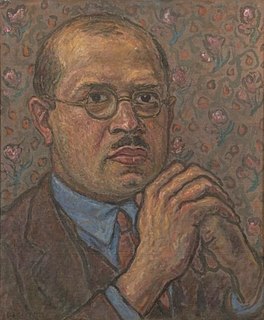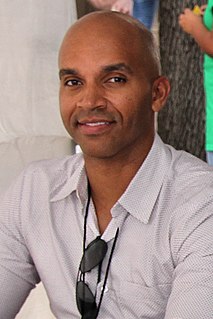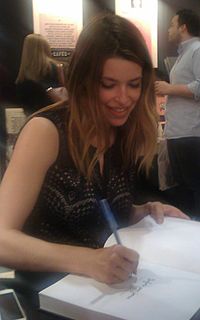A Quote by Beck
If you look at an old piece of sheet music, there's all kinds of text on it, there are ads, there are proclamations of the greatest songs' success, there's artwork. So there is a tactile, physical experience of learning the song and the way it's notated.
Related Quotes
The school systems at my childhood had enough money or enough parent involvement that they felt like learning music and songs, and exploring the whole pop or classical canon, were just as important as algebra or biology. Music is such a visceral and tactile experience for a kid, and to just replace that with video games or something that doesn't have the same sort of physical impact would definitely be a poor choice, and have a negative impact.
Jazz musicians like John Coltrane needed these very clear titles for their abstract music, and your decision to bring voices into your music as a way to tap into content. It's related to the way my text-based work still functions as abstraction for me. If I repeat a sentence down a canvas, the text starts to smudge and disappear. It essentially becomes an abstract piece. The meaning of the text is still there.
The greatest act of love was to make a tape for someone. It was the only way we could share music and it was also a way of advertising yourself. Selection, order, the lettering you used for the track list, how much technical detail you went into, whether or not you added artwork or offered only artwork and no track list at all, these choices were as codified as a Victorian bouquet.
It's actually as simple as this. New authors, building their customer base, need physical bookshops. Physical bookshops are lovely tactile, friendly, expert, welcoming places. Physical books, which can only be seen and handled in physical bookshops, are lovely, tactile things. Destroy those bookshops, and the very commercial and cultural base to the book industry is destroyed. Once and for all. Like Humpty Dumpty, it can never be put together again.
With Orff it is text, text, text - the music always subordinate. Not so with me. In 'Magnificat,' the text is important, but in some places I'm writing just music and not caring about text. Sometimes I'm using extremely complicated polyphony where the text is completely buried. So no, I am not another Orff, and I'm not primitive.
I don't hate the music, but I hate the process. When I look at it, I don't see song titles and artwork, I see the fight - I see the emotions, the blood, sweat and tears. There are a couple of songs on there that I love; but 'Lasers' is a little bit of what you love, a little bit of what you like, and a lot of what you had to do.



































